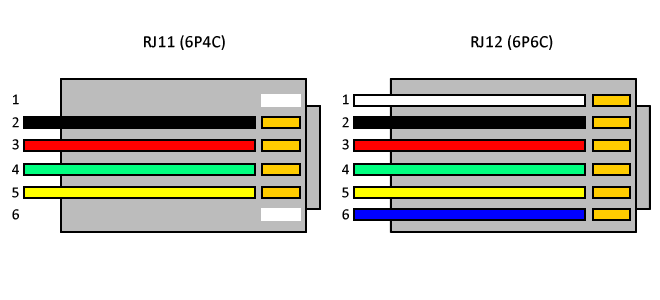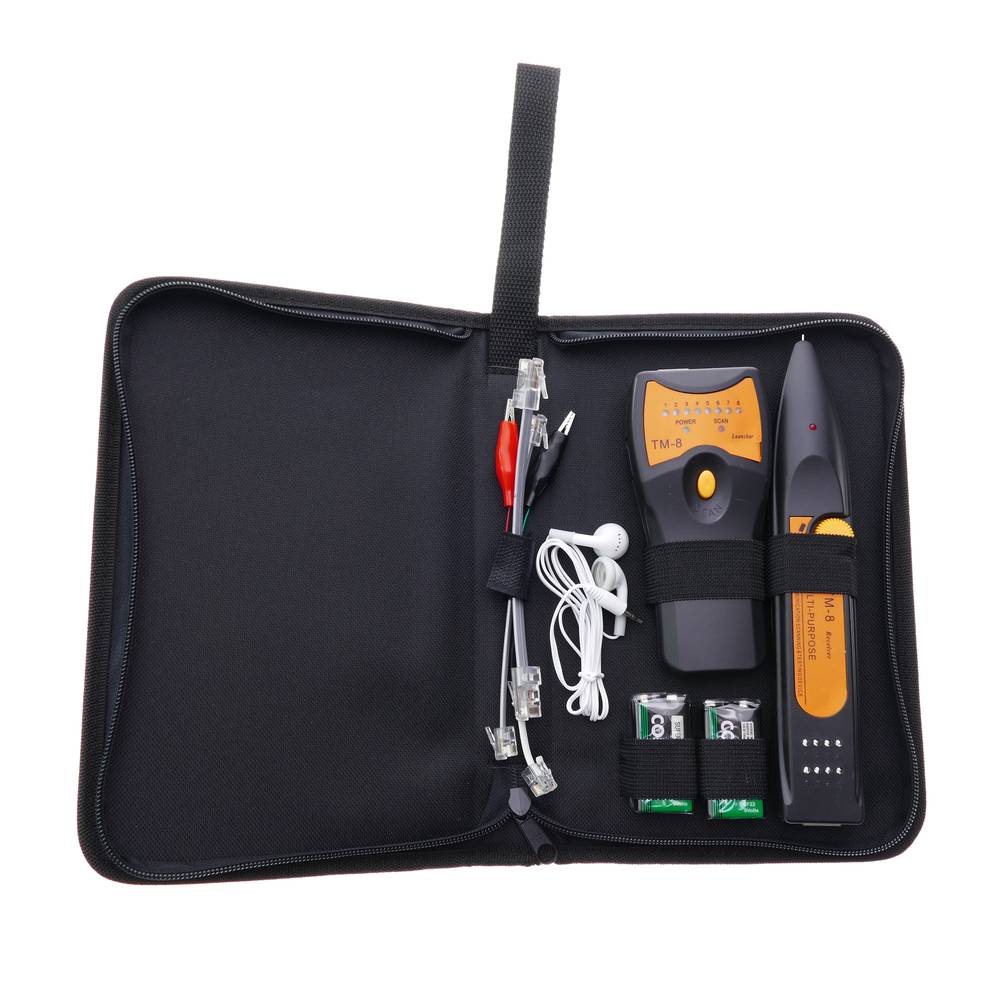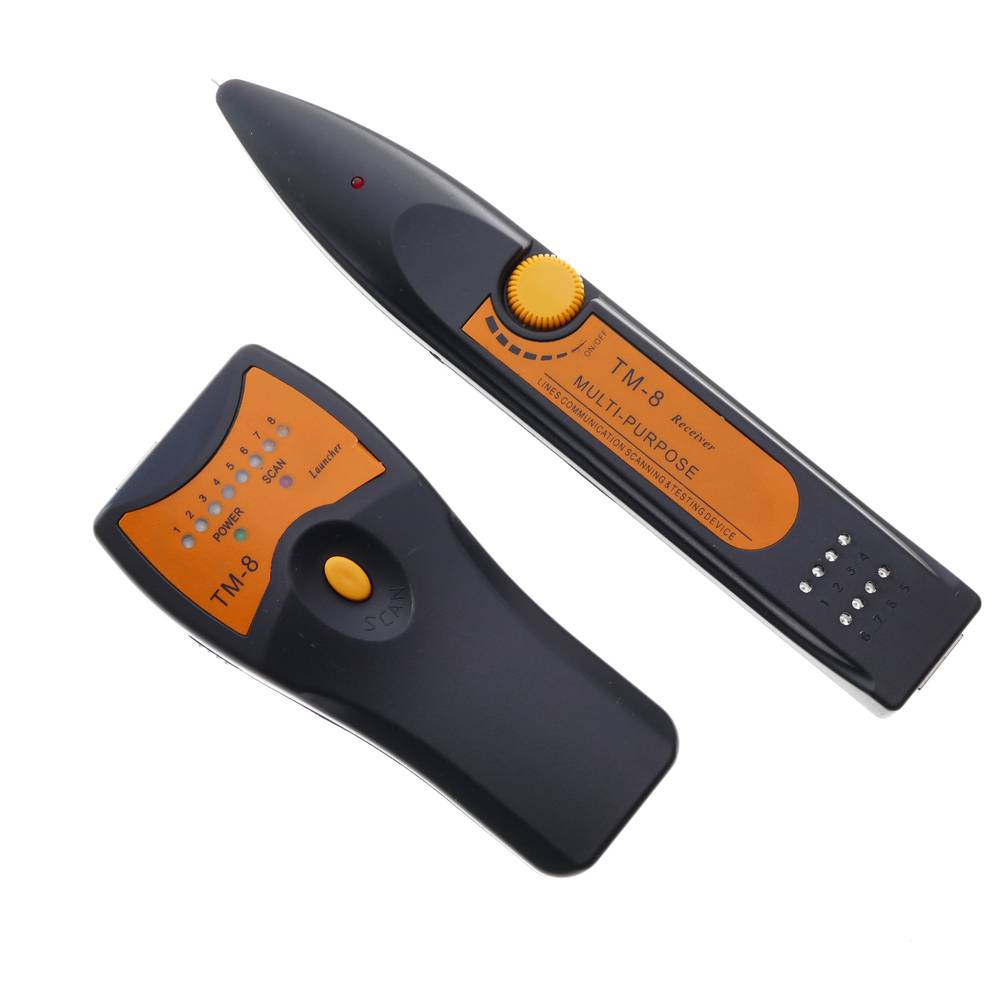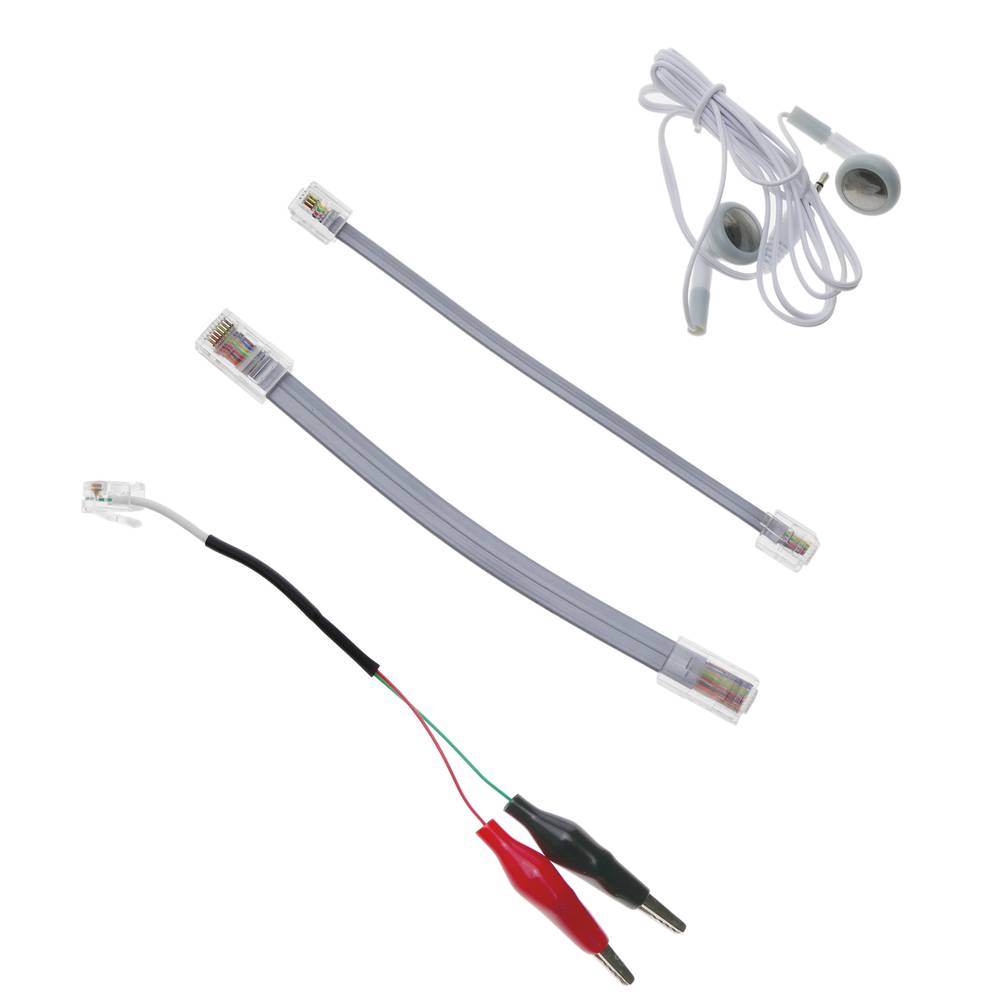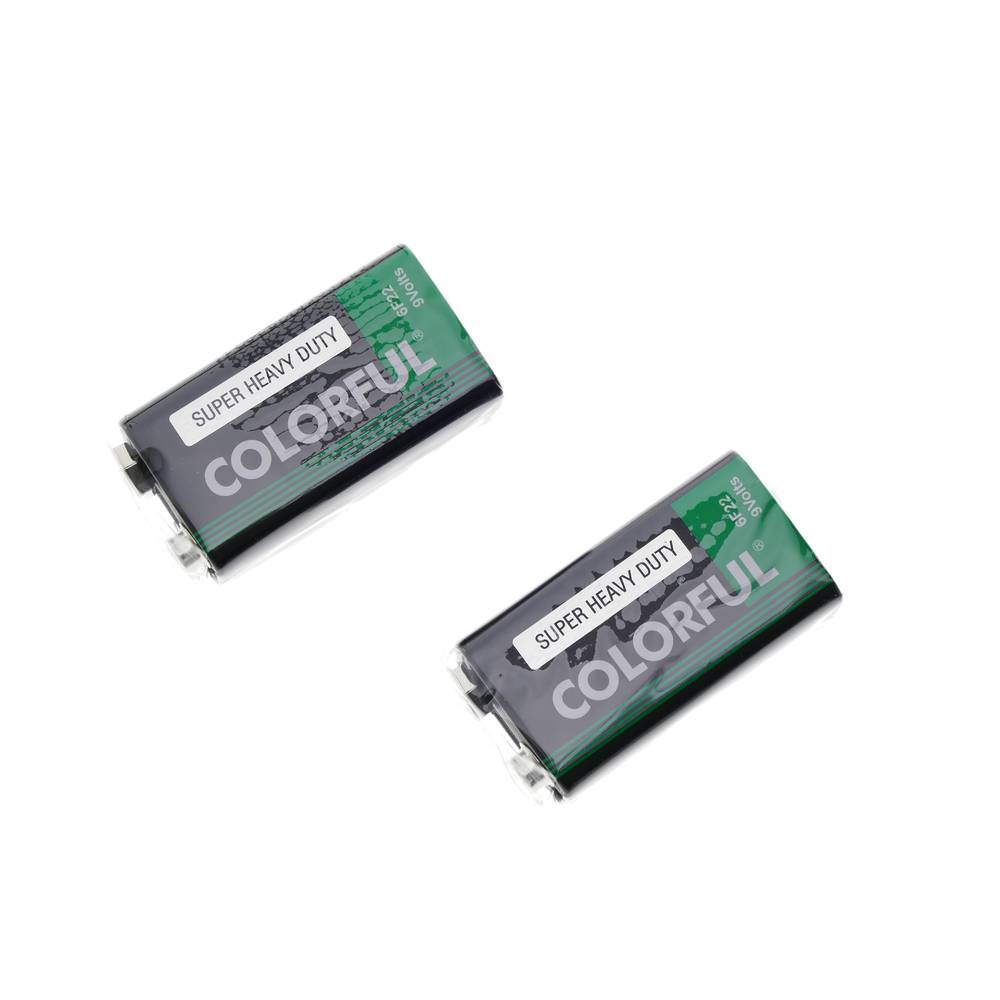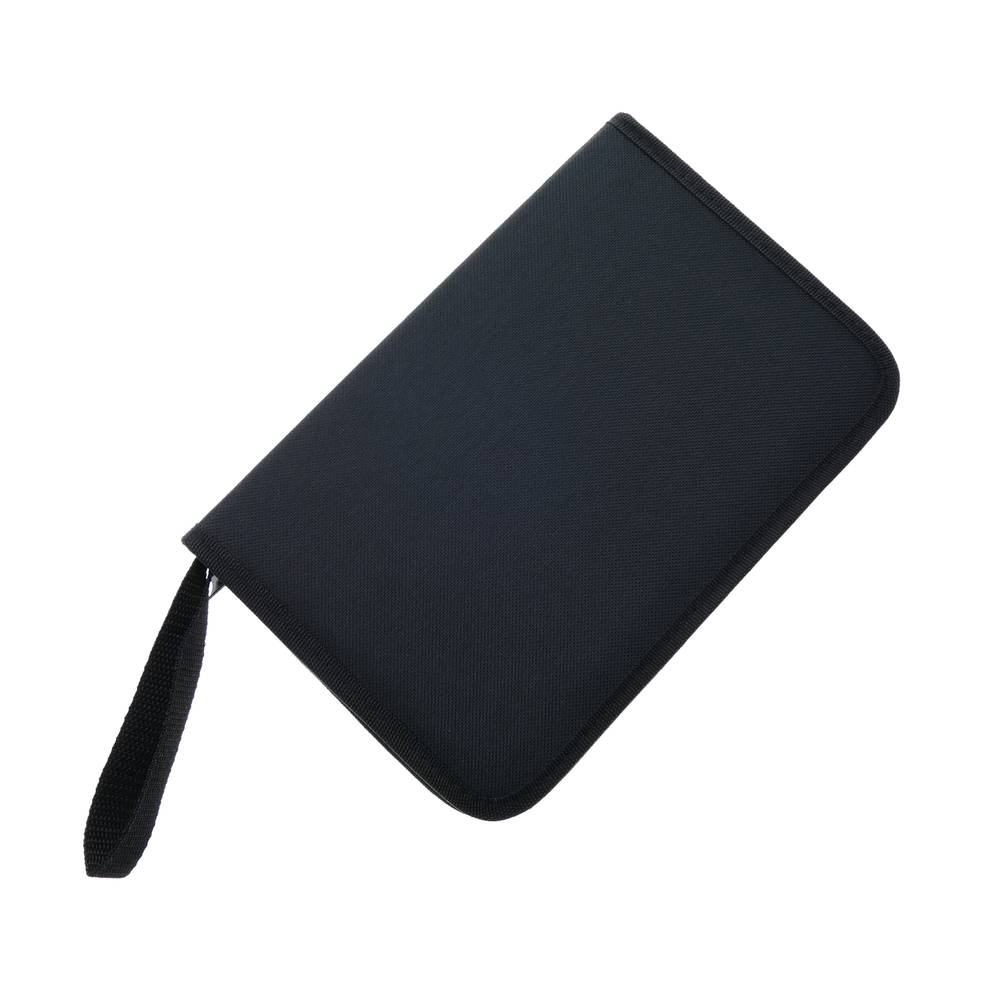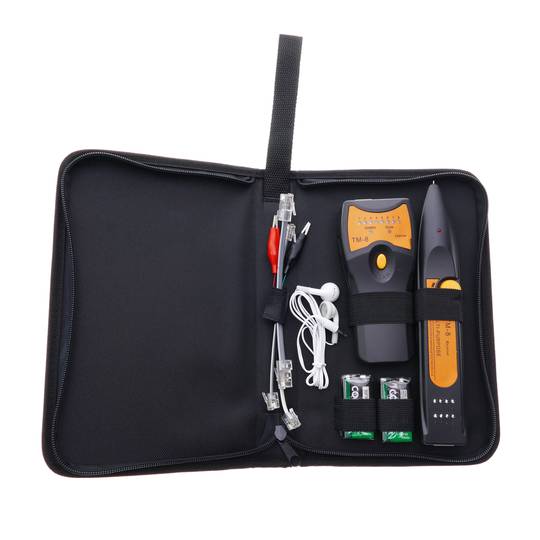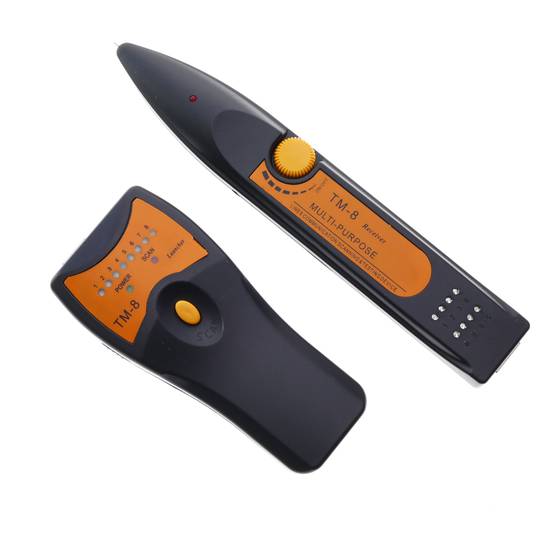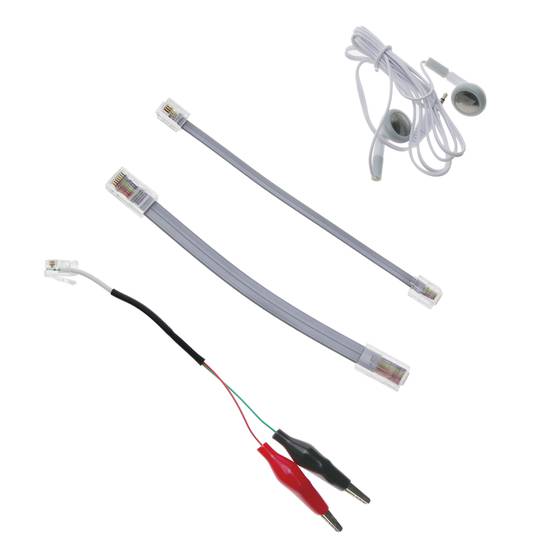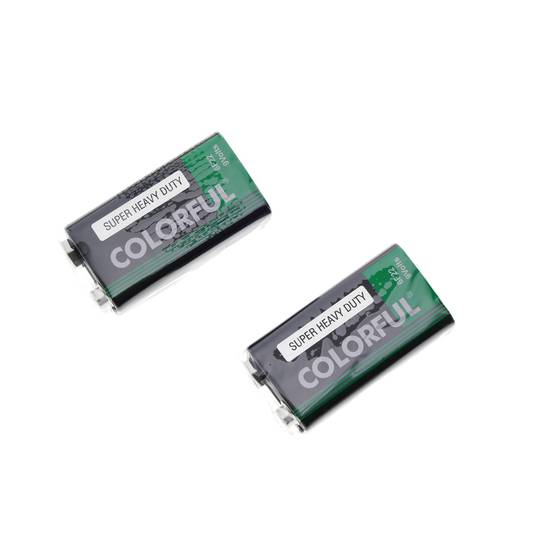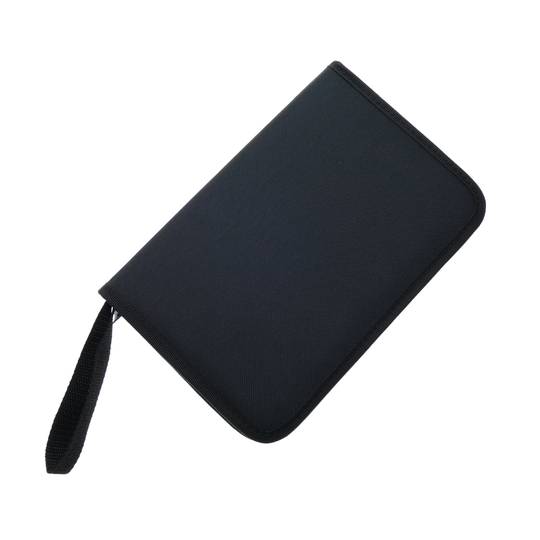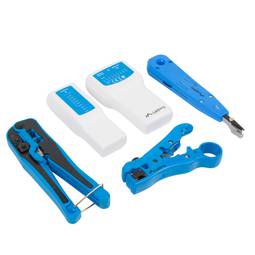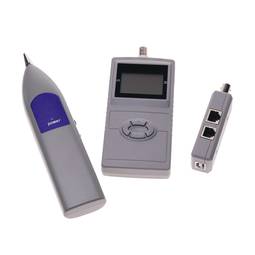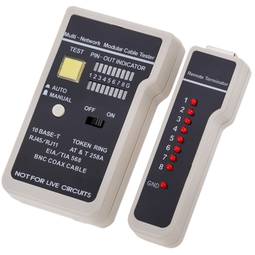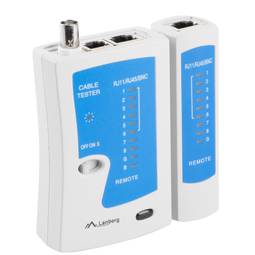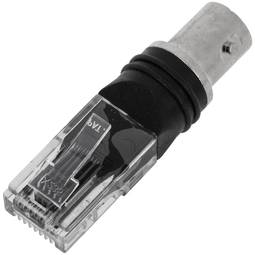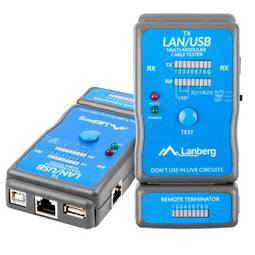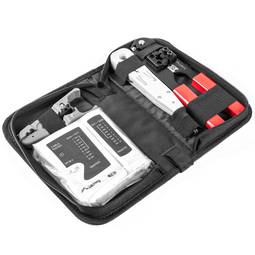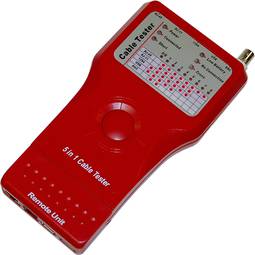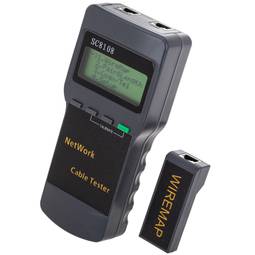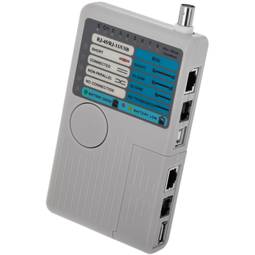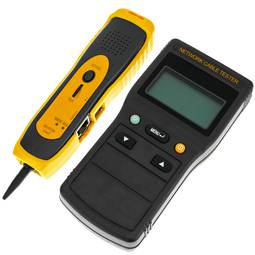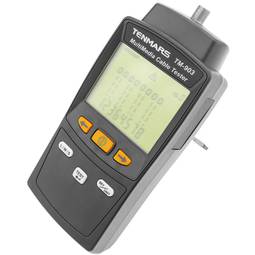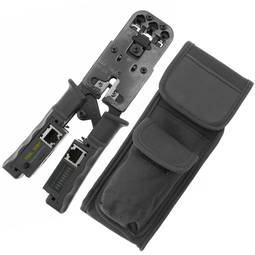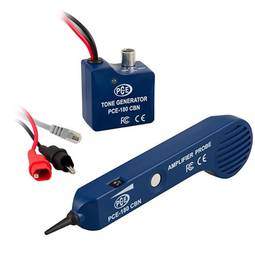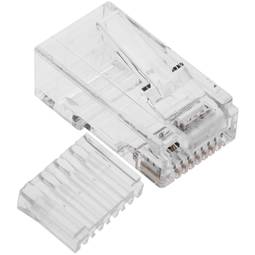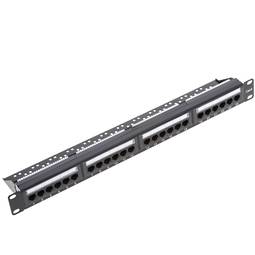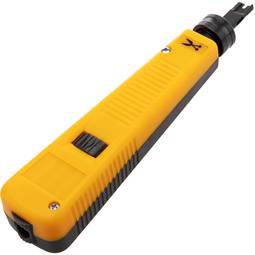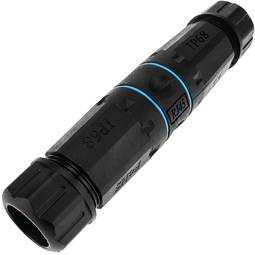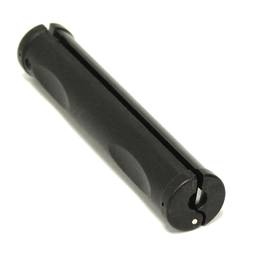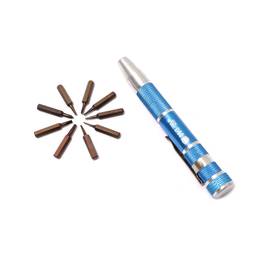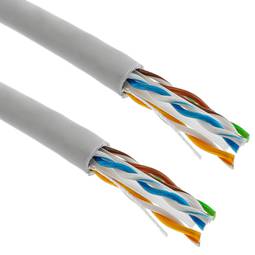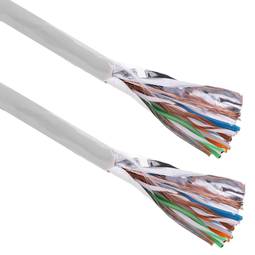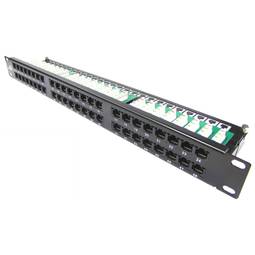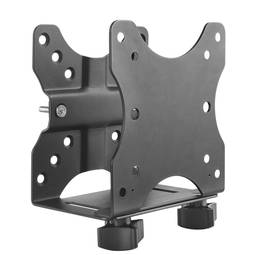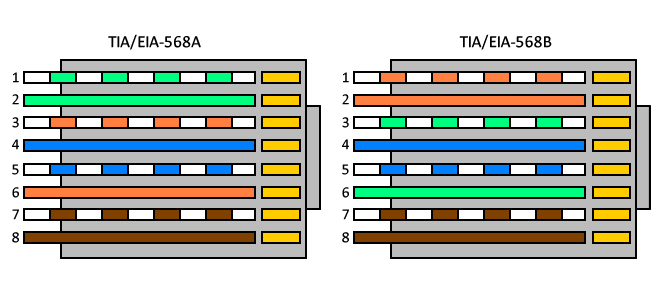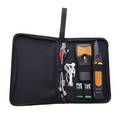12/30/2025 2:47 p.m.
https://cablematic.com/en/products/cable-tester-probe-locator-CT008/
https://cablematic.com/en/products/cable-tester-probe-locator-CT008/
Cable tester probe locator
REF: CT008
Specifications
- Checking a network cable and its pin-out. With this function it is possible to check installed cables or hoses. It is possible to know the pin-out of the cable because it has LED indicators of the pin-out.
- Location of cables by means of a probe. When a large number of cables are available in a patch panel or similar, the probe is of great utility.to detect the cable to be checked, avoiding having to check cable to cable until finding the one we want to locate or check.
- The transmission unit. It has 2 operations. Cable tester mode or frequency transmitter mode for cable location. In cable tester mode, it has 8 LEDs to extract the pin-out and to visualize the ppossible cable failures. It has 2 connectors for checking hoses (one RJ45 and one RJ11).
- The reception unit. It has 2 operations. Remote terminal mode for checking installed cables. And receiver probe mode for cable location in a patch panel or similar. In this mode, when you find the desired cable, it beeps. It has female RJ45 connector and sensor tip.
![play_button]() Watch video
Watch video
More info
PVP
€51.30
Price including VAT:
€51.30
PVD
€46.25
PVP: Retail price.
Check conditions.
PVP: Sale price to distributors.
Check conditions.
warranty
returns
safe
We will notify you when it is back in stock.
Specifications
- Checking a network cable and its pin-out. With this function it is possible to check installed cables or hoses. It is possible to know the pin-out of the cable because it has LED indicators of the pin-out.
- Location of cables by means of a probe. When a large number of cables are available in a patch panel or similar, the probe is of great utility.to detect the cable to be checked, avoiding having to check cable to cable until finding the one we want to locate or check.
- The transmission unit. It has 2 operations. Cable tester mode or frequency transmitter mode for cable location. In cable tester mode, it has 8 LEDs to extract the pin-out and to visualize the ppossible cable failures. It has 2 connectors for checking hoses (one RJ45 and one RJ11).
- The reception unit. It has 2 operations. Remote terminal mode for checking installed cables. And receiver probe mode for cable location in a patch panel or similar. In this mode, when you find the desired cable, it beeps. It has female RJ45 connector and sensor tip.
Keywords
Did not find what you were looking for? These topic could help you
More info
Network cable tester with two functions in the same device: - Checking a network cable and its pin-out. With this function it is possible to check installed cables or hoses. It is possible to know the pin-out of the cable because it has LED indicators of the pin-out.
- Location of cables by means of a probe. When a large number of cables are available in a patch panel or similar, the probe is of great utility.to detect the cable to be checked, avoiding having to check cable to cable until finding the one we want to locate or check.
This tester is made up of two parts: - The transmission unit. It has 2 operations. Cable tester mode or frequency transmitter mode for cable location. In cable tester mode, it has 8 LEDs to extract the pin-out and to visualize the ppossible cable failures. It has 2 connectors for checking hoses (one RJ45 and one RJ11).
- The reception unit. It has 2 operations. Remote terminal mode for checking installed cables. And receiver probe mode for cable location in a patch panel or similar. In this mode, when you find the desired cable, it beeps. It has female RJ45 connector and sensor tip.
It is suppliedra in black nylon carrying case. Includes RJ45, RJ11 adapter cables and crocodile clips. It also includes headphones to work in silent mode. Both modules work with 9 VDC batteries.
- Gross Weight: 500 g
- Product size (width x depth x height): 24.5 x 16.3 x 3.5 cm
- Number of packages: 1
- Packages size: 25.5 x 16.5 x 4.0 cm
Technical terms
- RJ11
- VDC
- RJ45
- Categories network cables
- Nylon
RJ11
The RJ-11 is mainly used to link telephone networks connector. It is small and has four contacts measures to support 4-way 2 cables. It is the most widely used globally for connecting conventional telephones, which generally tend to use only the two central threads to a single line or a twisted pair connector. And the four wires are used only for telephony equipment special using double line or two telephone pairs. After crimp the cable, it is almost impossible to disarm the RJ-11 without causing its deactivation.
